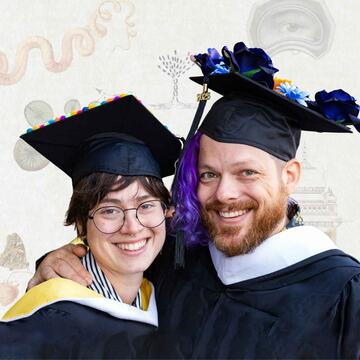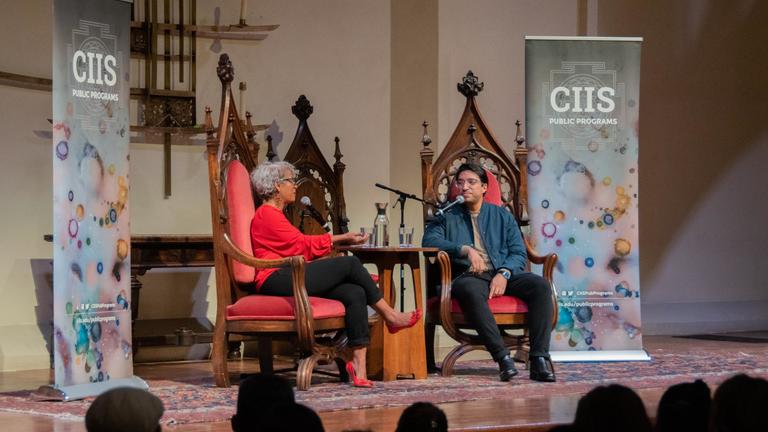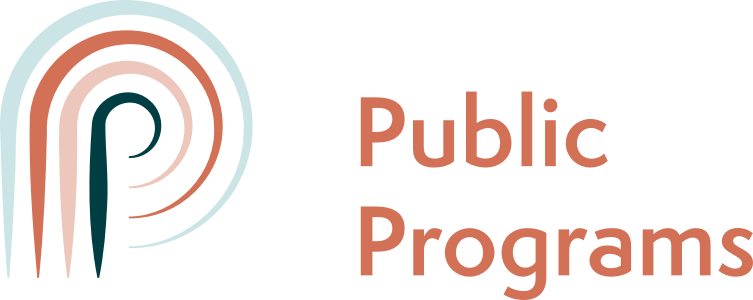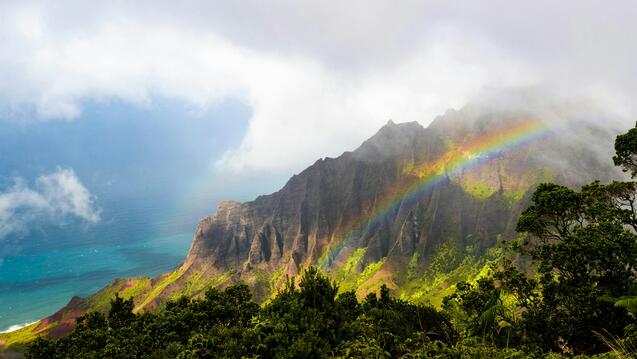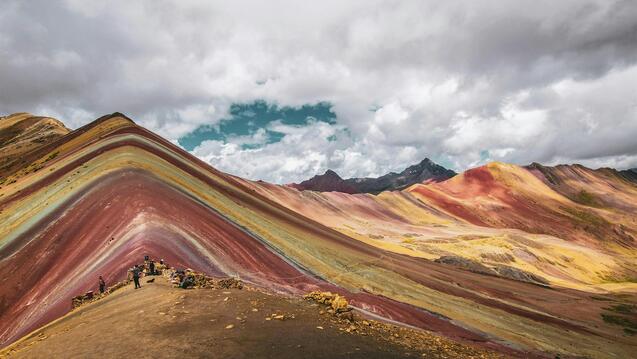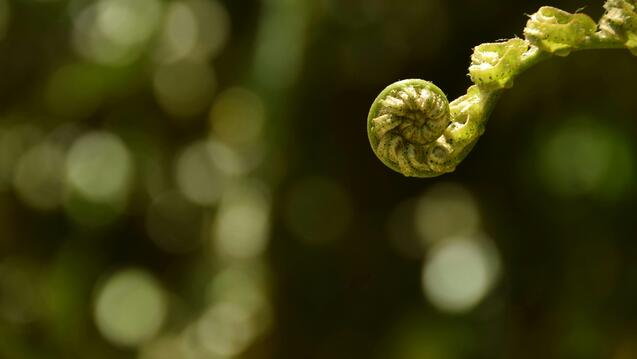On Psychedelic Initiation in Postmodern Culture
Feb05
Feb06
Exhibition Viewing
Exhibition image: Courtesy of the Kinsey Institute Library and Special Collections, George Platt Lynes, Buddy McCarthy and John Leapheart, Eastman Kodak Safety Film, 1952
Feb11
A Conversation with Norma Kawelokū Wong and Jeanine M. Canty,
Feb19
A Conversation with Lorena Saavedra Smith and Susana Bustos
Feb28
Politicized Somatics for Embodied Transformation
Mar05
A Conversation with Cindy Shearer and Emlyn Guiney
Mar05
A Conversation with Cindy Shearer and Emlyn Guiney
Mar12
A Conversation with Dr. Justin Garcia and Dr. Christopher Walling
Mar21
A Workshop with Jennifer McKeever
Mar25
A Conversation with Dr. Christine Brooks and Dr. Elizabeth Markle
